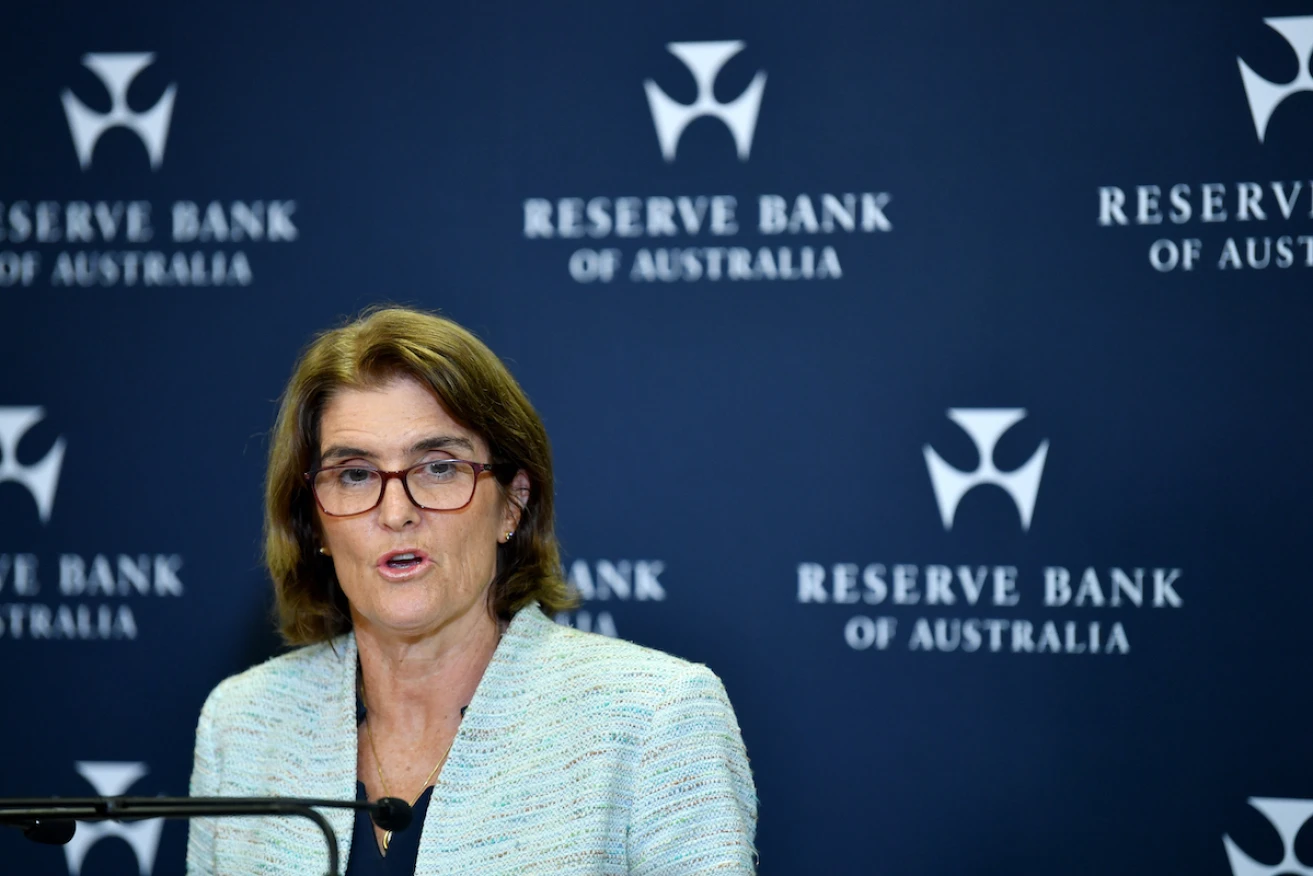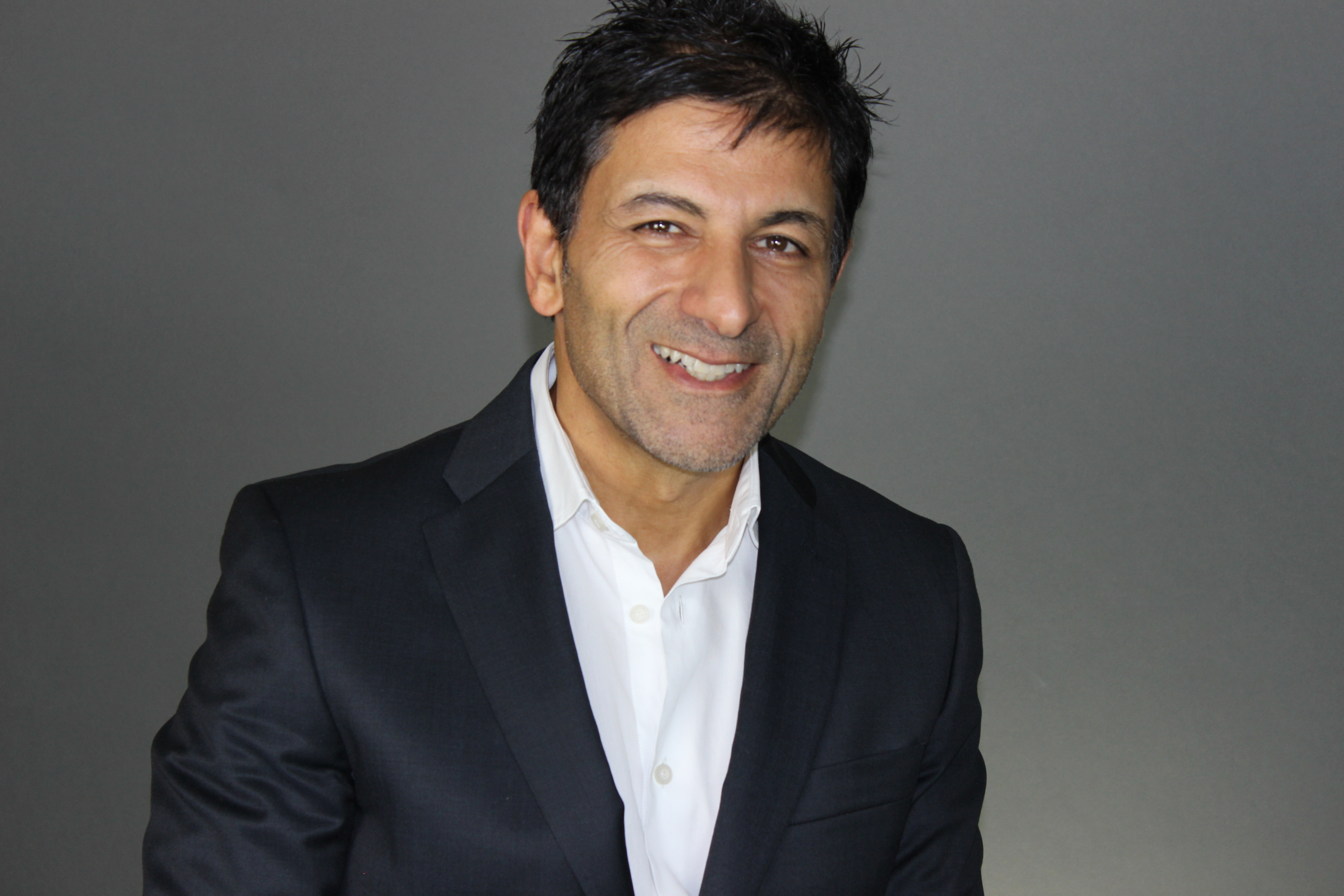Interest Rates - What to Expect in 2025

If you’ve been feeling the squeeze on your wallet lately, you’re not alone. The rising cost of living is a reality many Australians are struggling with, and a big part of the problem is something you’ve probably heard a lot about: interest rates.
The Reserve Bank of Australia (RBA) has been cranking up the cash rate over the past couple of years to get inflation under control. But let me tell you, it’s been a double-edged sword. While it’s working to tame inflation, it’s also making life harder for homeowners, renters, and everyday Aussies trying to make ends meet.
So, what does this all mean for you, your money, and your future? Let’s break it down and look at what we can expect in 2025.
Interest Rates: The RBA's Favorite Tool
You’ve probably heard me talk about interest rates before. When the RBA raises rates, it makes borrowing money more expensive. Think mortgages, credit cards, car loans – you name it. The idea is to slow down spending and borrowing, which in turn helps to bring inflation (rising prices) under control.
But here’s the problem: when interest rates go up, it feels like we’re all walking barefoot on hot coals. For those with mortgages, it means
bigger repayments every month. For renters, it means higher rent. And for all of us, it means higher prices for stuff we need – food,
energy, fuel.
How Rising Interest Rates Are Impacting You
Here’s what you might be feeling right now:
- Homeowners: If you’ve got a variable-rate mortgage, you’ve probably noticed your repayments creeping up. It’s a tough gig. And even if you’re on a fixed rate, that honeymoon period doesn’t last forever. Once your fixed-rate term ends, you’ll likely face a higher rate.
- Renters: Interest rates don’t just hurt homeowners; landlords are feeling it too. And guess what? They often pass those higher costs onto tenants. The result? Higher rents. It’s a tough time for renters, especially with supply being so tight in many cities.
- Consumers: It’s not just about your mortgage or rent – everything is costing more. Grocery bills are up, petrol is up, and utility bills are up. Higher interest rates also mean businesses face higher borrowing costs, and guess what? They often pass those costs onto you in the form of price hikes.
So, What’s Going to Happen in 2025?
Now, I know many of you are asking: "Chris when will this end?" Well, here’s the thing: it’s not going to be a quick fix. We might see a bit of relief in 2025, but it’s going to be gradual. Inflation has started to cool, but it’s still higher than the RBA’s target, which means they’re likely to keep rates higher for a while.
That said, I’m optimistic we’ll see a slow reduction in rates. The RBA’s job is to balance the economy, so they’ll want to start easing
rates once inflation is under control. But don’t expect any drastic changes overnight.
What Does This Mean for You?
- Mortgage Holders: If rates start to fall, it’ll be a relief – but it’s not going to be instant. Your repayments might ease a little, but with inflation still a factor, you’re not going to be back to your old, comfy position right away.
- Renters: Rates coming down won’t make rents drop overnight. Landlords don’t exactly rush to reduce rent, especially when their own costs are rising. But with a bit of luck, more rental supply and a cooling market could help ease the pressure.
- Consumers: Inflation could ease, but prices aren’t going to magically fall back to what they were. You’ll still need to budget carefully and look for ways to save wherever you can.
The Silver Lining: Is There Hope?
Here’s the good news: there is hope on the horizon. If inflation stabilizes and rates start to come down, there could be more room for wage growth, and that would help Australians get ahead. It won’t be easy, but by 2025, we could see some light at the end of the tunnel.
But here’s what I want you to remember: the best way to weather these times is to focus on what you can control. You can’t control the RBA, but you can control how you manage your money.
Here’s what I recommend:
- Review your budget: Take a good hard look at where your money’s going. Trim the fat where you can and make sure you’re prioritizing the essentials.
- Shop around your mortgage: don’t settle for the rate you have. Most people pay ‘lazy tax’ and are loyal to their banks. Check out what you bank is offering to new customers and at least ask them to match that. If they don’t be prepared to walk and seek out a better rate.
- Cut out debt: High-interest debt is the enemy right now. Pay off your credit cards and personal loans as a priority.
We can’t predict the future, but we can plan for it. In 2025, the economic landscape may still be rocky, but with a solid plan and a bit of
patience, you’ll be in a better position to handle whatever comes your way.
Final Thoughts
The next couple of years are going to be tough, but they’re also an opportunity to get your finances in order. So, roll up your sleeves, tighten your belt, and focus on the things that matter most – your financial health and your long-term goals.
As always, keep it simple, keep it sensible, and keep on the journey to financial freedom. You’ve got this.
Don't hesitate to contact us for help so we can help you understand how this applies to your
situation..

Chris Tolevsky has over 30 years experience in the medical and allied health fields. He provides expert guidance on tax
strategies, building and protecting wealth . If you’re interested in discussing how we can help you please book a complimentary
consultation.
Disclaimer: This article contains general information only . It is not designed to be a substitute for professional advice and does
not take into account your individual circumstances, so please check with us before implementing this strategy to make sure it is suitable














